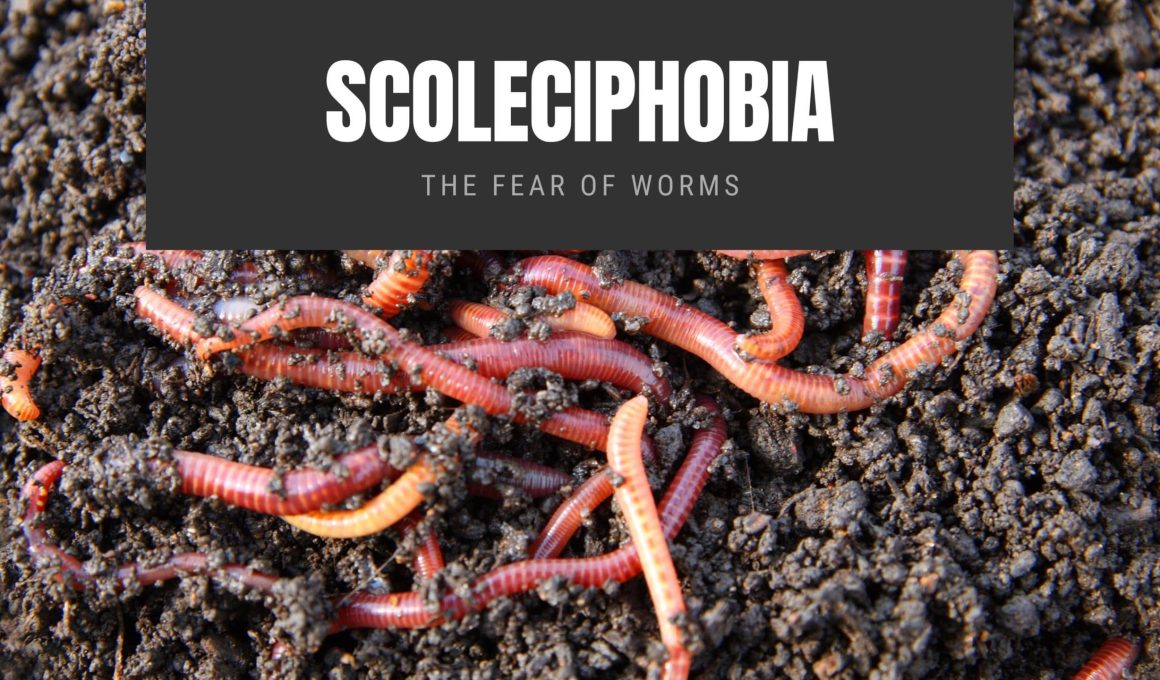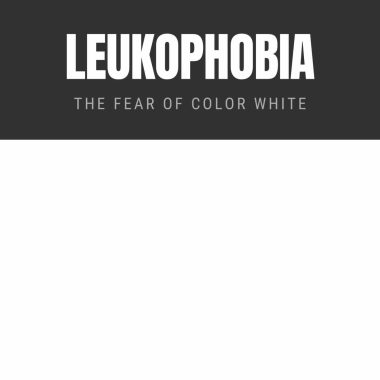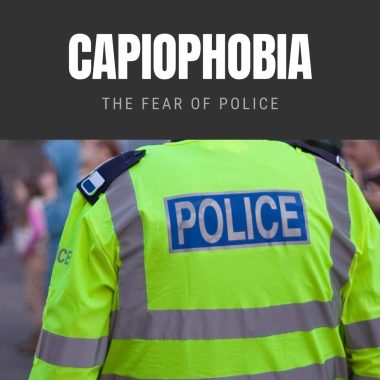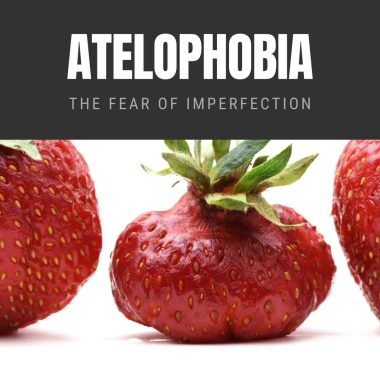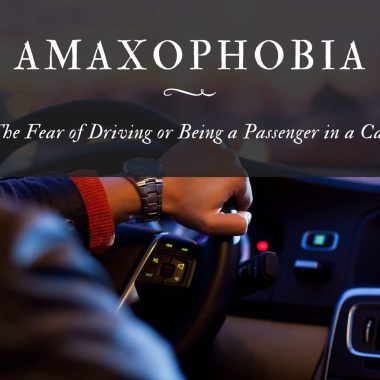Scoleciphobia is a kind of phobia. Other names like Vermiphobia and Helminthophobia are some of the closely related phobias of Scoleciphobia.
It’s an irrational fear of worms. The word Scoleciphobia was derived from the Greek words “Scoleci,” which means parasitic worms, and “Phobos,” which means dread, fear, or aversion.
Scoleciphobia is one of the widespread phobias that affects both old and young. Children tend to scream or cry at the sight of worms; adults are also not spared from this phobia. It is estimated that hundreds of thousands of people have Scoleciphobia.
People who suffer from Scoleciphobiam usually avoid coming outside during rainy days, as worms wriggle out of their holes during that period. Scoleciphobia can also be closely associated with the fear of diseases or germs.
Causes of Scoleciphobia
As was stated above, Scoleciphobia is the irrational fear of worms. And this fear can be linked to an unhygienic environment or condition. It is a general notion among those who have Scoleciphobia that the presence of worms means a poor state of hygiene.
The ecosystem can’t rid itself of worms, and these worms themselves make up an important part of the ecosystem.
They happen to be an essential component of many food chains. As important as they might be, they also eat away our food or produce.
Imagine finding a worm or, worse, half a worm in an apple you were eating; this is already a nightmare for all.
Someone who is suffering from Scoleciphobia could develop a panic attack from such an experience.
It is common for children to be afflicted by intestinal worms like ringworm or tapeworm; this could is found in many developing and underdeveloped countries.
Usually, the child is administered drugs that push these worms out, and they might be seen wriggling in their feces. This site is enough to cause a lifelong fear of worms, “Scoleciphobia.”
Worms are usually seen as unpleasant or unwanted. Hence, the adage “Opening a can of worms” means to complicate matters.
Countless TV shows depict what worms can do to the human body, “Monster Inside Me” and “Medical Mystery” are examples of such shows. The scenes from these programs can lead to viewers developing Scoleciphobia.
Evolution can affect the way people perceive worms, too. The fear of reptiles (poisonous snakes) has always been constant in Man.
These worms closely resemble snakes, so their tiny version can evoke fear owing to their ability to spread disease and poison.
While studying biology in school, students are usually asked to dissect worms to study their various parts. This is generally perceived as disgusting by many anxious-minded people.
A child who was bullied by his brothers or sisters or pranked with a worm could develop Scoleciphobia and have a lifelong aversion to worms.
Symptoms of Scoleciphobia
Phobias generally have common symptoms; Scoleciphobia is definitely not an exemption. Below is a list of some signs of Scoleciphobia. Some of these symptoms might be found in other phobias, too.
Some of the symptoms include nausea, crying, screaming, elevated heart rate, trembling, and sweating. The person might also experience numbness or an inability to express themselves clearly.
Someone suffering from Scoleciphobia might believe that worms are crawling over their body, resulting in endlessly scratching their body or washing several times a day.
Some even fear that they would find worms in their feces, which might lead them to hold in their feces for days, which would be harmful to them.
Someone who has Scoleciphobia would avoid using public toilets or even using a shovel to dig up soil from the ground.
Obsessive-compulsive disorder (OCD) is another symptom found in people who have Scoleciphobia. Usually, they wash up several times a day.
They even take extra precautions, clanging their environment or shutting doors and windows to prevent worms from crawling into their homes.
Weather is one factor that leads to the appearance of worms. So, people who have Scoleciphobia could leave their environment and move to an area with less favorable weather.
This irrational fear usually makes people laugh at them or get bullied with that which they fear.
Treatment for Scoleciphobia
Exposure Therapy
Exposure therapy is a pervasive way of treating various forms of phobia. Exposure therapy works well for most patients suffering from phobias, including Scoleciphobia.
Its procedure is quite adequate, as people who have Scoleciphobia are gradually faced with worms. Before exposure to worms, the specialist will prepare their minds for what will come.
The next phase might include the patient in a room with a worm in a jar. This routine is a necessity, as the phobic gets the chance to encounter s/he greatest fears.
If the phobic develops the confidence to be in the same room with the worm, he might be asked to try lifting the jar or worm. This is all a routine to help Scoleciphobia patients overcome their fears.
In the treatment of Scoleciphobia, the doctor might show pictures of various worms in different forms and conditions; after some time, he might also have to introduce said patients to a video of types of worms wriggling around.
This method is proposed to help disordered patients or Scoleciphobia patients get over their fear of worms, as the more they get exposed to what they are afraid of, the less scared they would be.
Cognitive Behavioral Therapy CBT
Like exposure therapy, CBT is a conventional treatment for various disorders, including Scoleciphobia, which most times works for generalized anxiety disorder (GED) or obsessive-compulsive disorder (OCD).
Aside from these disorders, CBT is also said to be an excellent treatment for Scoleciphobia.
CBT is generally a way for the therapist to help the patient uncover why he or she feels and acts the way they do regarding worms.
If they could understand why they are so irrational about worms or the origin of their fear, then they might be able to find a pragmatic approach when faced with a worm.
